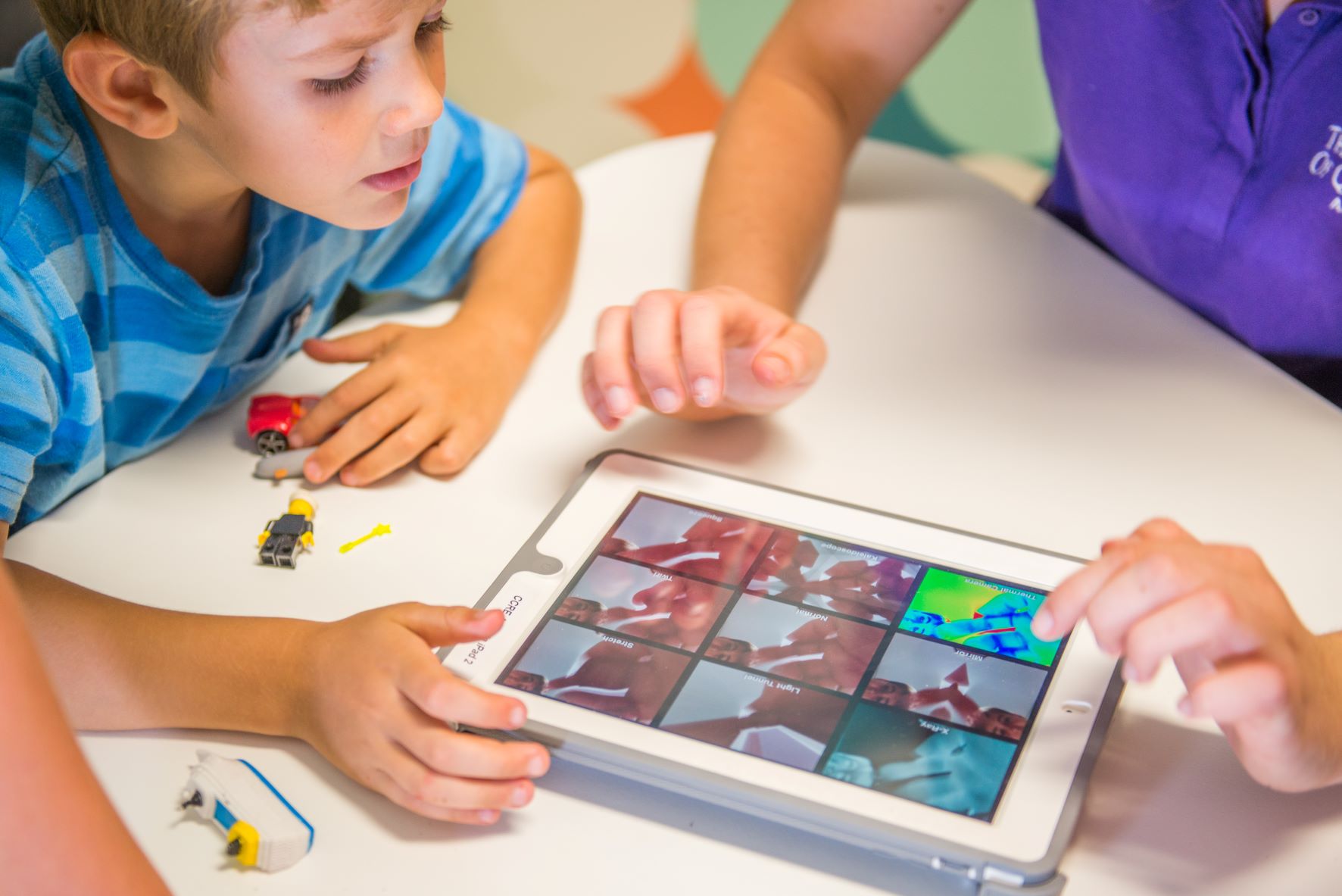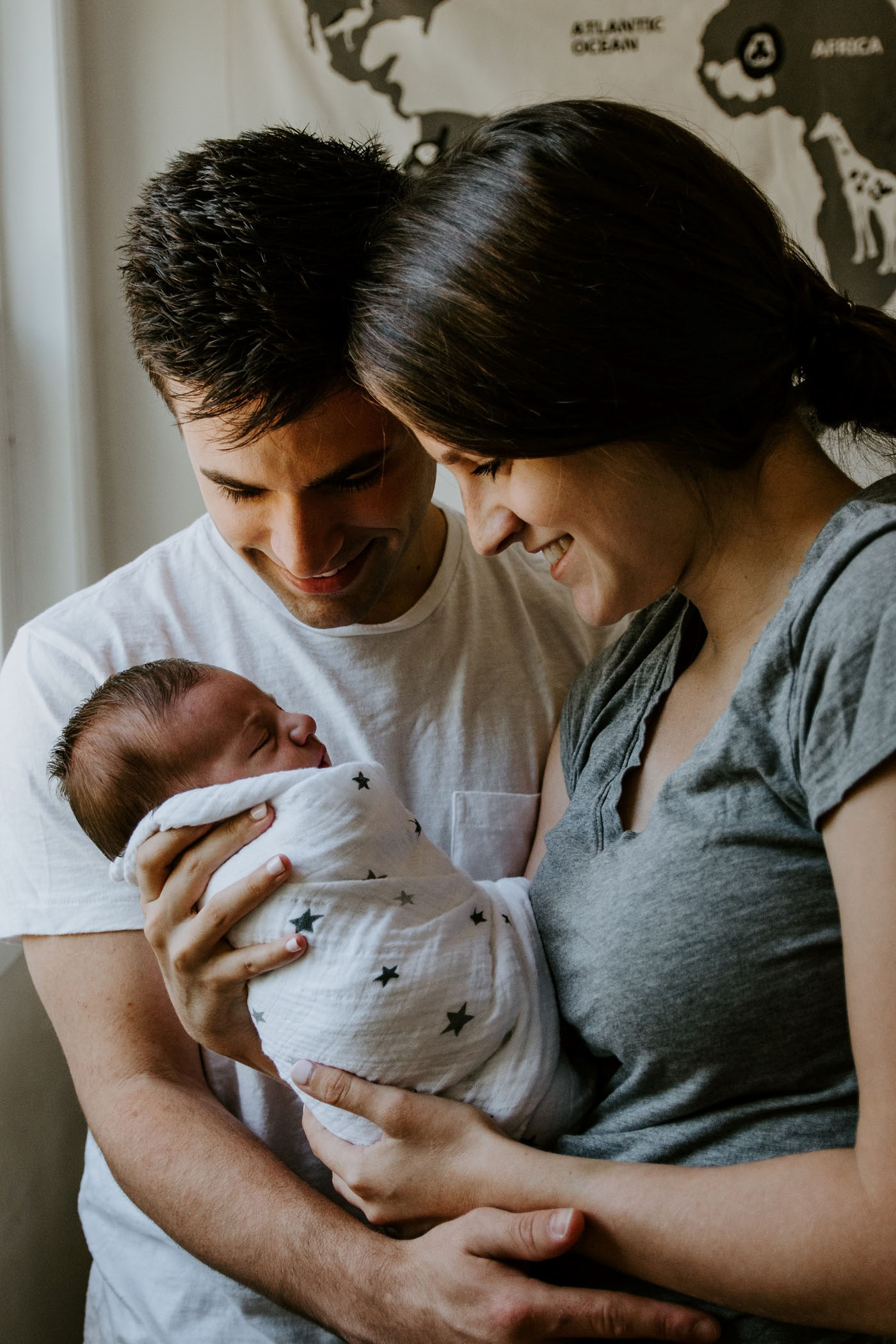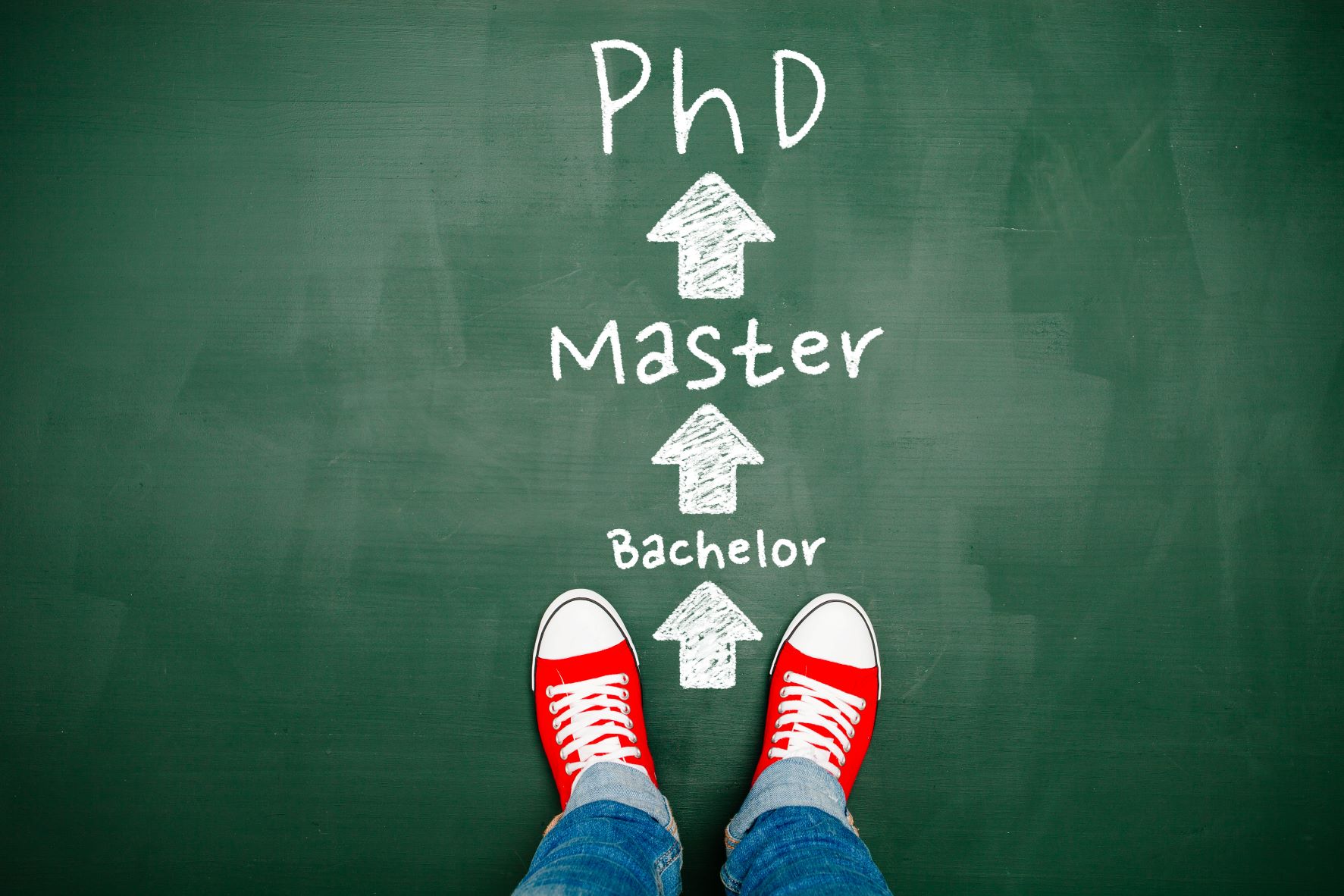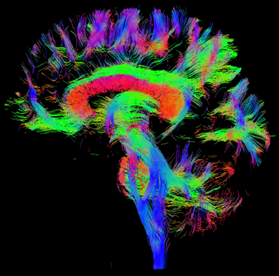PhD Projects & Scholarships
PhD scholarships for allied health practitioners
Queensland Cerebral Palsy Research and Rehabilitation Centre is a leading international translational research centre, assisting children with cerebral palsy and their families.
A number of PhD scholarships are available for allied health graduates, including: occupational therapy, physiotherapy, speech pathology, psychology, nutrition and dietetics graduates.
Our current scholarships include:
CP-KASP (Cerebral Palsy Knowledge, Advocacy Skills and Support Program): Co-designed with families to optimise evidence-based support through the NDIS.
- 4 PhD programs in Cerebral Palsy Knowledge, Advocacy Skills and Support Program
School Readiness outcomes of early neuroprotection/ neurorehabilitation for children at high risk of Cerebral Palsy (MRFF)
- 4 PhD Programs in Psychology, Physiotherapy, Nutrition, Occupational Therapy and Speech Pathology
LEAP-CP: Learning through Everyday Activities with Parents study (NHMRC): Peer delivered early detection and intervention for Aboriginal and Torres Strait Islander infants at high risk of cerebral palsy and adverse neurodevelopmental outcomes in Australia (Queensland and Northern Territory).
- 1 PhD scholarship available in the LEAP Indigenous Early Support program
ACTIVE STRIDES (NHMRC): Intensive rehabilitation for children with cerebral palsy to improve gross motor function, habitual physical activity and participation in physically active leisure
- 1 PhD scholarship available in the Active Strides RCT program
Please email qcprrc@uq.edu.au for more information about the projects and scholarships available.
Scholarships available
We have a number of scholarships available in a number of projects we are running.
School Readiness outcomes of early neuroprotection/ neurorehabilitation for children at high risk of Cerebral Palsy
About the project
 Multiple PhD research opportunities exist in the areas of educational and developmental psychology, clinical psychology, neuropsychology, physiotherapy, occupational therapy and nutrition, focusing on the early childhood outcomes of children at high risk of Cerebral Palsy. The large cohort of children (n>500) were originally recruited into clinical trials of Neuro-protection (Protect Me an RCT or Melatonin CIA Dr Kerstin Palmer), and four early Neuro-rehabilitation trials (REACH RCT for infant hemiplegia CIA Prof Ros Boyd), (GAME RCT early intervention to optimize neuroplasticity CIs Prof Iona Novak, DR Cathy Morgan), (Early PACT RCT of Early Parenting with Acceptance and Commitment Therapy CIA Dr Koa Whittingham) and are now being followed up at 4-5 years on School Readiness Outcomes. The Category 1 scholarship would be enrolled at the University of Queensland with a UQ primary supervisor and can have co-supervisors at other sites. The sites include: the Queensland Cerebral Palsy Research Centre at the Child Health Research Centre, The University of Queensland, Brisbane, Australia; The Monash Medical Centre, Monash University and The Cerebral Palsy Alliance at the University of Sydney. The University of Queensland is one of Australia’s most research-intensive academic institutions and consistently included in the world’s top 50 universities across several independent major rankings. The project focuses on assessing school readiness outcomes in a cohort of children at high risk of Cerebral Palsy, including Cognition, Communication, Behaviour, Nutrition, Physical Activity, Gross and Fine motor development, and the parent-child relationship.
Multiple PhD research opportunities exist in the areas of educational and developmental psychology, clinical psychology, neuropsychology, physiotherapy, occupational therapy and nutrition, focusing on the early childhood outcomes of children at high risk of Cerebral Palsy. The large cohort of children (n>500) were originally recruited into clinical trials of Neuro-protection (Protect Me an RCT or Melatonin CIA Dr Kerstin Palmer), and four early Neuro-rehabilitation trials (REACH RCT for infant hemiplegia CIA Prof Ros Boyd), (GAME RCT early intervention to optimize neuroplasticity CIs Prof Iona Novak, DR Cathy Morgan), (Early PACT RCT of Early Parenting with Acceptance and Commitment Therapy CIA Dr Koa Whittingham) and are now being followed up at 4-5 years on School Readiness Outcomes. The Category 1 scholarship would be enrolled at the University of Queensland with a UQ primary supervisor and can have co-supervisors at other sites. The sites include: the Queensland Cerebral Palsy Research Centre at the Child Health Research Centre, The University of Queensland, Brisbane, Australia; The Monash Medical Centre, Monash University and The Cerebral Palsy Alliance at the University of Sydney. The University of Queensland is one of Australia’s most research-intensive academic institutions and consistently included in the world’s top 50 universities across several independent major rankings. The project focuses on assessing school readiness outcomes in a cohort of children at high risk of Cerebral Palsy, including Cognition, Communication, Behaviour, Nutrition, Physical Activity, Gross and Fine motor development, and the parent-child relationship.
Information on available scholarships
Potential candidates will have a strong interest in research in any of the following areas:
- Cognition, Executive Funcation outcomes and School Readiness: Educational and developmental psychology, clinical psychology and/or neuropsychology along with a First-Class Honours Degree in Psychology/Psychological Sciences. Preference will be given to candidates who are either provisionally or fully registered with the Psychology Board of Australia. (CIs A/Prof Sam Bora, Dr Koa Whittingham)
- Dietary intake and School Readiness outcomes in CP: This research opportunity focuses on validating measures of energy intake and dietary quality in children with CP, and investigating the association between nutrition outcomes and school readiness for children with CP. They would undertake measurement of energy intake via weighed food records and total energy expenditure via doubly labelled water in a sub-group of the children participating in the School Readiness Project. This PhD project would be suitable for a dietitian/ nutritionist with an interest in lab- based science. (CIs Dr Kristie Bell, Dr Stina Oftedal).
- Development of Hand function and School Readiness in CP: The PhD will combine existing data from these previous research projects together hand function of children with cerebral palsy over the period of the child’s first 5 years and relate this to School Readiness outcomes at 4-5 years. Developing a deep understanding for the measures used to assess hand function will be integral to the study. (CIs Dr Andrea Burgess, A/Prof Leanne Sakzewski, Prof Ros Boyd).
- Development of a gross motor performance measure for children with cerebral palsy.
This PhD opportunity focuses on development of an observational, performance-based measure of gross motor skills for children with CP which using a semi-structured play session. This would involve undertaking a clinimetric review of current measures. Steps in the development process include identification of observable actions, developing items, scaling of items (reflecting quality of performance), scoring a sample of children with the measure and making preliminary evaluation of the validity of the scores using a Rasch measurement model. (CIs Dr Andrea Burgess, Prof Ros Boyd, A/Prof Leanne Sakzewski).
Preferred candidates would have the following:
- For Study 1 a working knowledge of developmental, clinical and/or neuropsychology as it relates to children with neurodevelopmental disabilities and/or school readiness would be beneficial to someone working on this project. Further, competency in administering standardized psychological test batteries such as the Wechsler Preschool & Primary Scale of Intelligence is an added advantage.
- For Study 2 a working knowledge of Diet and Nutrition in children would be of benefit to someone working on this project.
- For Study 3 a working knowledge of early hand skill development would be of benefit to someone working on this project.
- For Study 4 a working knowledge of early motor development would be of benefit to someone working on this project.
The applicant will demonstrate academic achievement in the field(s) of (i) developmental, clinical and/or neuropsychology (ii) Diet and Nutrition (iii) Occupational Therapy or Physiotherapy and the potential for scholastic success.
A background or knowledge of neurodevelopmental disabilities and/or school readiness along with some experience in administering standardised tests to preschool or early-school aged children is highly desirable.
Supervisory Team
- Professor Roslyn Boyd E: r.boyd@uq.edu.au
- A/Professor Sam Bora E: samudragupta.bora@mater.uq.edu.au
- Dr Koa Whittingham E: koawhittingham@uq.edu.au
- Dr Stina Oftedal E: s.oftedal@uq.edu.au
- Dr Kristie.bell E: kristie.bell@health.qld.gov.au
- Dr Andrea Burgess E:a.burgess@uq.edu.au
- A/Professor Leanne Sakzewski E: l.sakzewski1@uq.edu.au
LEAP-CP: Learning through Everyday Activities with Parents study: Peer delivered early detection and intervention for Aboriginal and Torres Strait Islander infants at high risk of cerebral palsy and adverse neurodevelopmental outcomes in Australia
About the project
 The overarching aim of the LEAP-CP Study is to reduce the age of identification of infants at high chance of cerebral palsy, in order to provide earlier support for families through a 30 week peer to peer delivered program in the community that seeks to improve motor and cognitive development for infants at high chance of cerebral palsy, and caregiver mental health in 86 Indigenous infants in Queensland and the Northern Territory. Cerebral palsy (CP) is the most common childhood physical disability (1 in 700 Australians), however CP from post-natal causes may be five times more likely in Indigenous Australians. Indigenous children with CP are more likely to have poorer gross motor function and cognition, 50% more likely to have epilepsy, and more than twice as likely to have visual impairment.
The overarching aim of the LEAP-CP Study is to reduce the age of identification of infants at high chance of cerebral palsy, in order to provide earlier support for families through a 30 week peer to peer delivered program in the community that seeks to improve motor and cognitive development for infants at high chance of cerebral palsy, and caregiver mental health in 86 Indigenous infants in Queensland and the Northern Territory. Cerebral palsy (CP) is the most common childhood physical disability (1 in 700 Australians), however CP from post-natal causes may be five times more likely in Indigenous Australians. Indigenous children with CP are more likely to have poorer gross motor function and cognition, 50% more likely to have epilepsy, and more than twice as likely to have visual impairment.
Our research team is internationally recognised for their work on the early identification of infants at high chance of CP (Novak et. al. 2017); and other adverse neurodevelopmental outcomes (Luke et. al. 2020). We have demonstrated that early intervention targeting early active-goal directed training and responsive parenting are effective for both the infant and caregiver and are co-leading 5 current early intervention trials for infants at high chance of CP. Our international clinical practice guideline has recommended that reliable detection of infants at risk of CP can occur from 13 weeks corrected age (Novak et. al. 2017). Families living in remote locations may not receive diagnosis or intervention until after the child’s second birthday; missing a significant window of neuroplasticity. To identify these infants earlier we have undertaken a program of training on early surveillance (QEDIN network), use of the latest accurate tools (General Movements Assessment), to implement community surveillance and adapt surveillance and interventions to be culturally safe. The LEAP-CP program (Learning through Everyday Activities with Parents of infants with CP) has been initially tested in urban slums and rural communities in India (Dr Kath Benfer). In the past 2 years the LEAP Chief Investigators (Dr Kath Benfer, Professor Ros Boyd) have undertaken engagement with Aboriginal Researchers, Community leaders in Aboriginal Controlled health services, to commence co-design of culturally safe surveillance and delivery of the LEAP program (led by Indigenous PhD scholar Leeann Mick Ramsamy). A culturally safe LEAP surveillance program for Aboriginal and Torres Strait Islander infants has been implemented across Queensland (led by PhD Scholar Carly Luke). We are testing the efficacy of the LEAP program in a randomized control trial (RCT) of this home-based peer-delivered 'best practice' multi-domain intervention compared to a WHO health Advice program. LEAP-CP is a paradigm shift in service delivery, conducted through a culturally sensitive peer to peer model with local Indigenous community change agents. The lay health worker model has been highly effective in Indigenous, cross-cultural and hard to reach contexts, ensuring community empowerment and sustainability.
Information on available scholarships
A number of exciting PhD opportunities are available on the LEAP-CP study, for both indigenous and non-indigenous candidates. Some key priorities include:
- Cultural adaptation of responsive parenting and caregiver mental health support within an Acceptance Commitment Therapy approach for First Nations communities. This project would also explore how Emotional Availability and maternal mental health outcomes are meaningfully evaluated.
- Exploration of the cultural construct of parent-lead goal setting in First Nations communities for infants with cerebral palsy. It would also seek to understand how goals are understood by First Nations families, and how they can be meaningfully and collaboratively identified, how they can be shared (learning strategies), and how they can be evaluated in a culturally valid way.
- Adult-education in First Nations Communities: how to support caregivers and First Nations Health Workers to learn new content and skills (including training platforms and apps, peer support, and learning strategies).
- Delivery of the LEAP early intervention (including cultural adaptation and testing of engagement and enactment using a coaching approach),
- Effect of LEAP on child outcomes of motor/ cognitive learning,
Potential candidates will have a strong interest in research in any of the following areas:
- A working knowledge of early detection (including the General Movements Assessment, Hammersmith Infant Neurological Examination) and early disability/ childhood interventions (including goal-directed training, active motor learning, the Abecdarian approach, Acceptance Commitment Therapy (ACT), responsive parenting programs) would be of benefit to someone working on this project.
- The applicant will demonstrate academic achievement in the field(s) of allied health (physiotherapy, Occupational Therapy, Speech and Language Therapy, Psychology), medicine, nursing, public health, early childhood education, psychology or social science (Indigenous cultural studies) with the potential for scholastic success. A background or knowledge of child health, cerebral palsy/ disability, Indigenous culture, behavioural parenting interventions, telehealth, cultural adaptations of evidence-based programs is highly desirable.
Both Indigenous and non-indigenous student’s are very welcome to apply. The University of Queensland offers a culturally safe and supportive program for Aboriginal and Torres Strait Islander students with Indigenous co-supervisors, Cultural mentors and specific Indigenous PhD scholarships ($40k per annum over 4 years).
Supervisory team:
Dr Kath Benfer (UQ), Prof. Roslyn Boyd (UQ), Dr Koa Whittingham, PhD, (UQ);Prof Yvette Roe, PhD, Professor in Indigenous Health, Charles Darwin University; Prof Iona Novak, (USydney);Dr Margot Bosanquet, (Townsville Hospital and Health Service); Prof Gulam Khandaker, PhD, Public Health Unit, Central Queensland Hospital and Health Service; A/Prof Tracy Comans, PhD, PT, Health Economist, (UQ) Prof Robert S Ware, PhD, Griffith University.
This study is registered at ANZCTR Number: ACTRN12619000969167p.
This work is supported by a National Health and Medical Research Council-European Union Collaborative Research Grant (APP1194128); Cerebral Palsy Alliance Project Grants (PG14017 and PG05318); Children’s Hospital Foundation Project Grant (50276_2018); Perpetual Impact Grant (IPAP2020/0808); Tropical Australian Academic Health Centre Seed Funding (2020); NHMRC Early Career Fellowship (KB), NHMRC Fellowship (RB, NHMRC115038); NHMRC Centre for Research Excellence (Australasian Cerebral Palsy Clinical Trials Network NHMRC1116442).
This study is approved through the Children’s Health Queensland Hospital and Health Service Human Research Ethics Committee (HREC/20/QCHQ/63906), The Far North Queensland Human Research Ethics Committee (HREC/2019/QCH/50533), The Townsville Hospital and Health Service Human Research Ethics Committee (HREC/QTHS/56008), The University of Queensland Human Ethics Research Committee (2020000185). It has also been approved at the Apunipima Cape York Health Council Research Governance Committee, Gidgee Healing Research Review Group, Gurriny Yealamucka Health Service Senior Management Team, and the Townsville Aboriginal and Torres Strait Islander Health Leadership Advisory Council.
ACTIVE STRIDES: Intensive rehabilitation for children with cerebral palsy to improve gross motor function, habitual physical activity and participation in physically active leisure
About the project

The research of the Queensland Cerebral Palsy and Rehabilitation Research Centre has improved the physical abilities of children with cerebral palsy using intensive rehabilitation therapies. Researchers at the centre will soon embark on a new clinical trial, which will test if the ACTIVE STRIDES rehabilitation program can go even further in helping children with cerebral palsy. As part of this initiative, several PhD scholarships are available for suitably qualified applicants.
Cerebral palsy is the most common physical disability in childhood and approximately 40% will have moderate to severe physical disability. Some children with cerebral palsy are able to walk small distances on their own, some will do this using a walker or crutches, while other child with cerebral palsy move around in a wheelchair. Unfortunately, for many of these children, their mobility will peak around 7 years of age and then decline. This can lead to them spending around 90% of their waking day sedentary, which has long term consequences for their health and well-being.
In the ACTIVE STRIDES trial researchers will test a new intervention to improve the mobility of children with cerebral palsy. The Active Strides program comprises a package of rehabilitation including Functional Electrical Stimulation (FES) cycling, adapted cycling, partial body weight support treadmill training (PBWSTT), overground gait training and goal directed training over an 8 week period. Those in the field of Physiotherapy, Occupational Therapy, or Exercise Science interested in learning more about the ACTIVE STRIDES PhD opportunities are encouraged to contact the Queensland Cerebral Palsy and Rehabilitation Research Centre to discuss their suitability.
Within this large multi-site clinical trial in Brisbane (led by A/Prof. Leanne Sakzewski, Prof. Roslyn Boyd), Sydney (led by Dr Sarah Reedman, Prof. Iona Novak), Melbourne (led by Dr Rachel Toovey) and Perth (led by Dr Dayna Pool), there will be scope to develop a PhD research program around the following top areas.
- Participant and intervention (e.g. dose and content) related factors associated with clinically significant improvements in gross motor function, habitual physical activity and participation in physically active leisure;
- Fidelity of delivery of a manualized ACTIVE-STRIDES CP program across multiple sites and organisations.
- The relationship between capacity, participation, fitness and habitual physical activity in children with cerebral palsy.
- Changes in Habitual Physical Activity before and after ACTIVE STRIDES and the effect on Physical Literacy and PA Behaviour.
- Changes in Bone Mineral Density before and after ACTIVE STRIDES.
The successful PhD scholar will participate in a comprehensive training program undertaking (i) Systematic Review and meta-analysis course (including GRADE training); (ii) basic and advanced Biostatistics and Epidemiology (available); (iii) mentorship from internationally recognised experts in the field; and are (iv) supported to present their findings at National and International conferences.
Information on available scholarships
Potential candidates will have a strong interest in research in any of the following areas:
A working knowledge of rehabilitation, exercise provision and outcome measurement in Cerebral Palsy would be of benefit to someone working on this project. A working knowledge of disability/ childhood interventions (including goal-directed training, active motor learning, exercise training and physical fitness) would be of benefit to someone working on this project.
The applicant will demonstrate academic achievement in the field(s) of Physiotherapy, Occupational Therapy, Exercise Science and the potential for scholastic success. Clinical Registration with APHRA would be highly desirable. A valid working with children card is essential. Active Strides-CP is registered on the Australian New Zealand Clinical Trials Registry (ACTRN12621001133820p).
Chief Investigators & Supervisory team:
A/Prof Leanne Sakzewski (UQ), Prof Roslyn Boyd (UQ), Prof Catherine Elliott (TKI), Prof Iona Novak (USyd), Dr Dayna Pool (Curtin), Prof Stewart Trost (UQ), Prof Robert Ware (Griffith), A/Prof Tracy Comans (UQ), Dr Rachel Toovey (UniMelb), A/Prof Mark Peterson (Uni Michigan), A/Prof Jane Valentine (TKI), Dr Ellen Armstrong (UQ), Ms Megan Kentish (QHealth), Dr Sarah Reedman (UQ), Dr Sean Horan (Griffith), Dr Sian Williams (UAuckland).
Identifying earlier biomarkers for neurodevelopmental outcomes in infants born very preterm: Advanced neuroimaging, clinical assessment and EEG
 This technical imaging analysis PhD project aims to identify MRI biomarkers and to identify preterm infants at risk of adverse neurodevelopmental outcomes earlier than has been possible before. It is part of the PREBO-6 longitudinal cohort study, a cohort of 262 infants born, with early neonatal advanced MRI and follow up at 1, 2 and 6 years corrected age.
This technical imaging analysis PhD project aims to identify MRI biomarkers and to identify preterm infants at risk of adverse neurodevelopmental outcomes earlier than has been possible before. It is part of the PREBO-6 longitudinal cohort study, a cohort of 262 infants born, with early neonatal advanced MRI and follow up at 1, 2 and 6 years corrected age.
Potential candidates will have a strong interest in advanced image analysis, machine learning/AI, as well as paediatrics, developmental medicine and neuroscience. The successful candidate will belong to a leading multidisciplinary research team with strong collaborations across Australia, India, New Zealand, USA and Europe, and contribute to large projects of national significance.
This scholarship is open to Australian citizens, permanent residents and international students who are currently in Australia at the time of application and commencement. Further information concerning the scope, qualifications, scholarship, and other details can be obtained from Dr. Joanne George (j.george2@uq.edu.au),
A/Prof Samudragupta Bora (samudragupta.bora@mater.uq.edu.au), Dr. Alex Pagnozzi (alex.pagnozzi@csiro.au)
Participate in our reseach
Are you keen to volunteer in our research to help us improve outcomes for children with cerebral palsy?
Learn more
